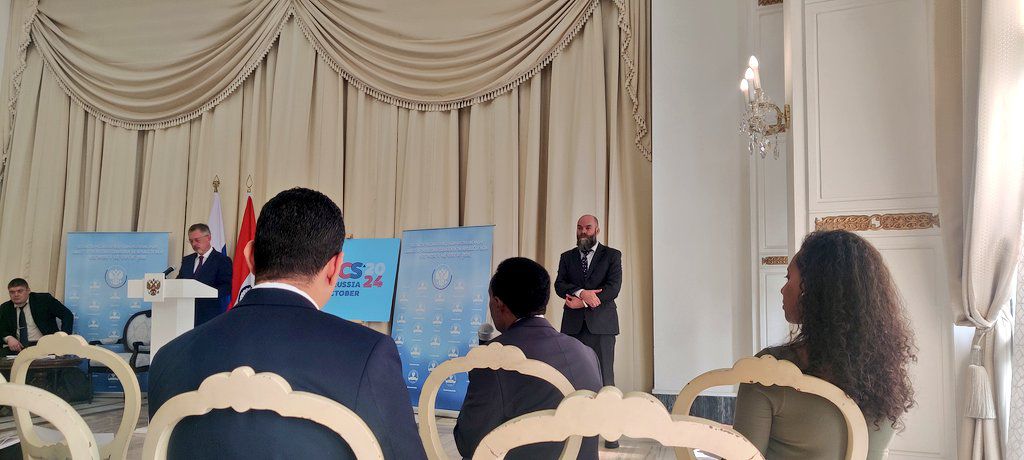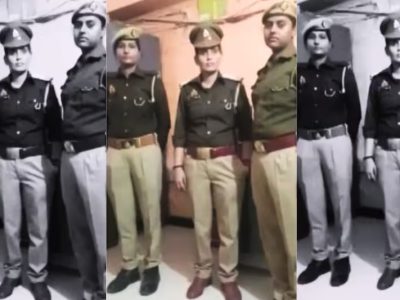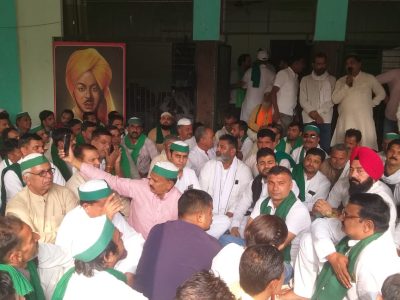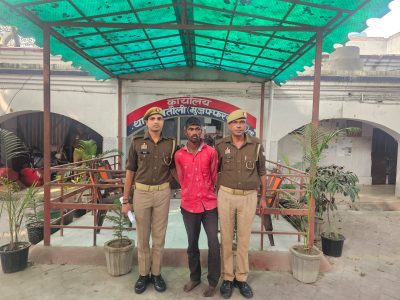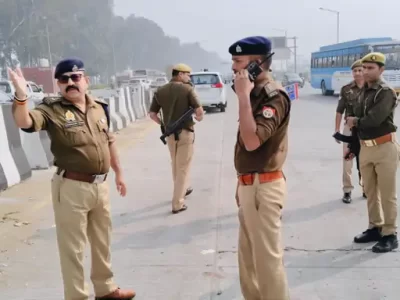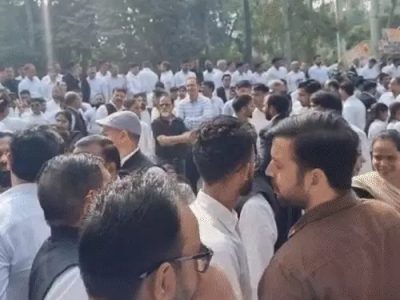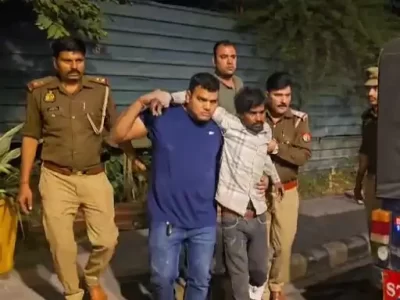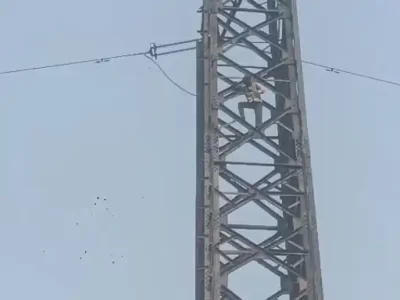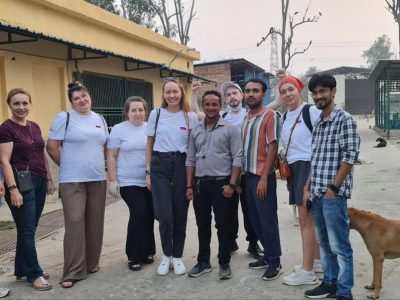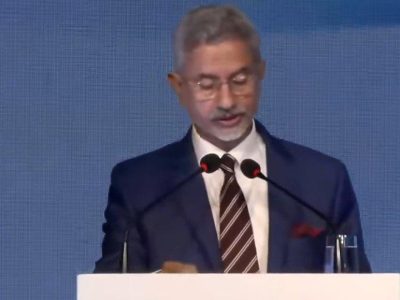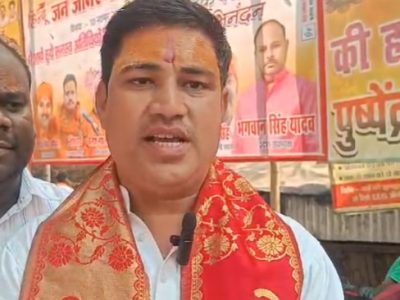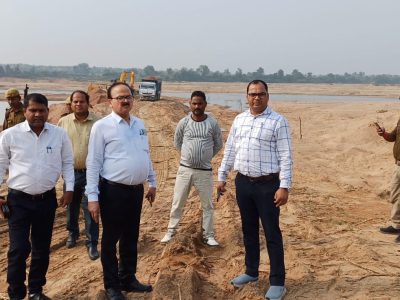In a media briefing held at the Russian Embassy in New Delhi, Russian Ambassador Denis Alipov discussed key takeaways from the recent BRICS Summit in Kazan, reaffirming Russia’s commitment to fortifying the alliance and enhancing the global influence of developing nations. Highlighting the summit’s inclusive momentum, Ambassador Alipov noted the interest of 40 countries in joining BRICS, reinforcing its role as a platform designed to address pressing global challenges and amplify the collective voice of emerging economies.
The ambassador elaborated on discussions at the summit, which covered complex geopolitical issues, including the situations in Ukraine, the Middle East, Afghanistan, and various security concerns in Africa. The summit emphasized BRICS’ dedication to peaceful solutions and greater collaboration among member countries on issues affecting global security.
Ambassador Alipov also touched upon the significant meeting between Indian Prime Minister Narendra Modi and Chinese President Xi Jinping, which took place on the sidelines of the summit in Kazan. “We wholeheartedly welcome the meeting that took place and remain hopeful that it will pave the way for constructive dialogue and a peaceful resolution of border issues,” he stated, emphasizing that such high-level engagement fosters trust and lays the groundwork for broader cooperation.
Ambassador Alipov underscored Russia’s desire to see India and China align on global matters, noting, “It is essential that both countries voice a united perspective on various international issues for the benefit of the broader community.” He commended the strengthening of India-Russia relations, reiterating that “bilaterally, we are doing very well,” and expressing optimism about the Free Trade Agreement (FTA) negotiations between India and the Eurasian Economic Union, which Russia hopes to expedite.
In addition to diplomacy, the briefing highlighted opportunities for Indian investment in Russia’s Arctic region and reaffirmed Russia’s active role in the Indian nuclear energy market, specifically through partnerships like the Kudankulam Nuclear Power Plant. Ambassador Alipov also spotlighted Russia’s contributions to India’s “Make in India” initiative, especially through defence collaborations such as the BrahMos missile and AK assault rifle projects.
Looking ahead, the ambassador outlined forthcoming bilateral engagements, including high-level official visits from Russia and the next session of Inter-Governmental Consultations on Trade, scheduled for early November. Additionally, Russia is preparing for consultations focused on defence cooperation, reinforcing the strategic partnership between the two nations.
Addressing trade challenges, Ambassador Alipov acknowledged the cautious stance of Indian banks in transactions with Russia due to Western secondary sanctions. He expressed hope for greater understanding within India’s financial community, encouraging them to work independently of unilateral measures imposed by the U.S., stressing that “India supports only measures sanctioned by the United Nations.”
Furthermore, the ambassador confirmed Russia’s support for trading in national currencies and emphasized the “progressing” defence cooperation with India, pointing to achievements like the BrahMos and AK assault rifle projects. He assured that Russia remains committed to collaborating practically with India on various initiatives, including energy security within the BRICS framework.
In response to remarks from an Ethiopian diplomat, Ambassador Alipov extended thanks to the global partners, acknowledging Russia’s success in organising the BRICS Summit and reaffirming BRICS’ role as a voluntary, inclusive, and non-discriminatory forum aimed at fostering development across its member states.
This media briefing highlights Russia’s dedication to fortifying the BRICS alliance, advancing India-Russia relations, and addressing the shared aspirations of emerging economies on the world stage.




 Subscribe Us
Subscribe Us
